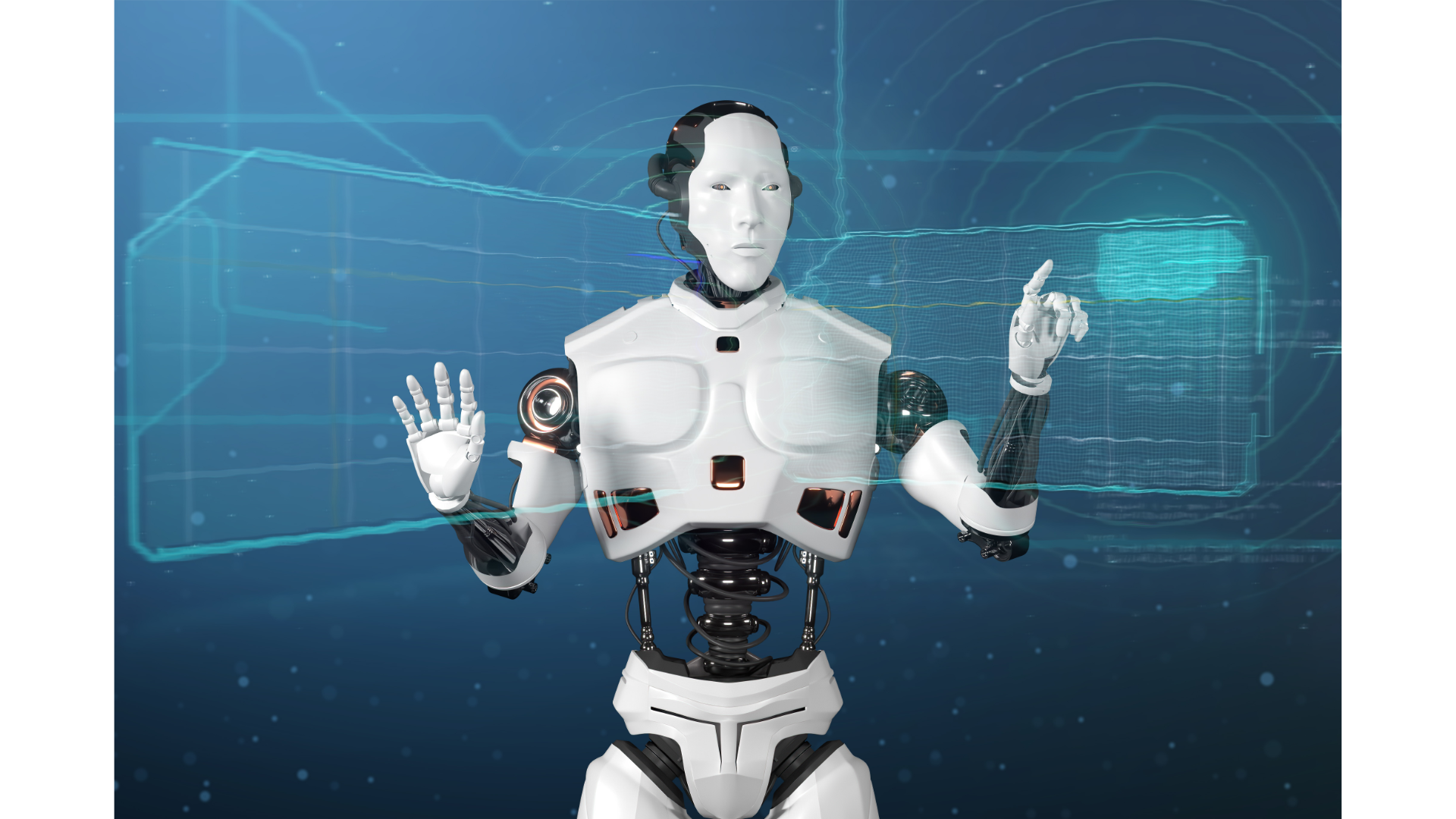How AI Code Generation Has Evolved Over Time
 Ankit Angra
Ankit Angra
On November 30, 2022, OpenAI made history with the launch of ChatGPT, opening up a world of endless possibilities. Among the most significant applications of Generative AI is code generation, a topic that has become a hotbed of discussion among tech giants, all vying to lead in this transformative race.
What is AI Code Generation?
AI code generation means using artificial intelligence to automatically create source code. AI systems can take high-level requirements or models and turn them into working code, making software development faster and more efficient. These tools help developers by generating standard code, building prototypes, and keeping projects consistent, which cuts down on manual coding and errors
The Evolution of AI in Software Development
Code Completion and Automating Repetitive Tasks
Code completion has been an integral part of software application development for a while now. This concept was first introduced by Microsoft through the implementation of IntelliSense, which provided basic suggestions to boost developers' productivity, best known in Visual Studio. It was first introduced as a feature of a mainstream Microsoft product in 1996, building on many already invented concepts of code completion and syntax checking.
Over time, code suggestions and completions have become much more powerful for developers. They used to offer only basic help, but now they are advanced systems that greatly improve coding. Most modern Integrated Development Environments (IDEs) have these advanced code completion features. They accurately predict and suggest the next lines of code and give recommendations based on the developer's intent. This speeds up development by reducing manual coding time and errors. Developers can then focus more on solving complex problems and creating new solutions, instead of getting stuck on repetitive coding tasks. These improvements show the ongoing efforts to make software development more efficient and productive.
AI as a Development Partner
With advances in natural language processing (NLP) and machine learning (ML), artificial intelligence has evolved from simply automating routine tasks to playing an active role in software development. One of the most significant milestones in this evolution occurred when GitHub introduced GitHub Copilot.
GitHub Copilot (https://github.com/features/copilot) is an AI-powered tool developed in collaboration with OpenAI and launched in 2021. It was a game-changer, offering AI-generated code suggestions directly within popular editors. It acts as an intelligent coding assistant that helps developers by suggesting entire lines or blocks of code as they type. This tool leverages the vast amount of code available on GitHub to provide contextually relevant suggestions, making it a powerful aid for developers of all skill levels.
GitHub Copilot integrates seamlessly into popular code editors like Visual Studio Code, Android Studio, or Xcode, allowing developers to access its capabilities without disrupting their workflow. It can understand the context of the code being written and offer suggestions that align with the developer's intent, whether it's writing a new function, fixing bugs, or even learning a new programming language.
Moreover, GitHub Copilot supports a wide range of programming languages and frameworks, making it versatile and adaptable to various development environments. By reducing the time spent on boilerplate code and repetitive tasks, it enables developers to focus more on creative problem-solving and innovation.
In addition to GitHub Copilot, there have been multiple other attempts to solve this problem. The following are a few other alternatives available today.
Cursor - https://www.cursor.com/
It is an AI-powered code editor that not only understands your project but also actively assists you in writing, editing, and debugging. Cursor is forked from Visual Studio Code (VS Code), one of the most popular code editors in the world. This foundation provides Cursor with a familiar, robust editing experience while allowing its creators to focus on integrating cutting-edge AI capabilities.
Tabine - https://www.tabnine.com/
Tabine is an AI-powered code assistant that was founded in 2013. It is designed to help development teams leverage artificial intelligence to speed up and simplify the software development process. Tabine places a strong emphasis on privacy, security, and license compliance, ensuring that these critical aspects are not compromised while using AI to enhance productivity. By integrating seamlessly into the development workflow, Tabine assists developers in writing, reviewing, and maintaining code more efficiently.
CodeWhisperer - https://docs.aws.amazon.com/codewhisperer/latest/userguide/what-is-cwspr.html
CodeWhisperer is an AWS product that gives you code suggestions in real time. Since it's made by AWS, it can be a great coding partner when working with AWS. CodeWhisperer helps by suggesting code, creating Amazon S3 buckets, DynamoDB tables, writing unit tests, importing libraries, opening AWS sessions, defining constants, and finding security issues.
Technological advancements in AI and Code generation
AI and code generation are among the most exciting areas in tech right now. Almost every day, a new model is released that promises to generate code faster, better, and with fewer errors than others. Most tech giants are also joining the race by offering direct support for AI and code generation in IDEs.
Apple Intelligence: With the launch of Apple Intelligence, Apple has pledged to revolutionize the field of code generation right in Xcode. This new initiative aims to transform how developers create software by providing cutting-edge tools and resources. Apple Intelligence promises to offer first-hand support for code generation, ensuring that developers have access to advanced features that enhance their coding experience. By integrating seamlessly with Apple's ecosystem, this tool is expected to streamline the development process, making it more efficient and intuitive.
Android Studio: In the latest version of Android Studio, Google has integrated Gemini directly into the Integrated Development Environment (IDE), providing developers with enhanced capabilities and tools. This integration empowers developers by allowing them to perform a variety of tasks with ease. For instance, developers can request code transformations, seek explanations for specific code segments, simplify complex code, and add comprehensive documentation. Additionally, they can generate unit tests and perform many other tasks simply by right-clicking within the IDE. This feature-rich integration aims to streamline the development process, making it more efficient and user-friendly, while also helping developers to write cleaner and more maintainable code.
Visual Studio Code: As a Microsoft product, GitHub Copilot integrates directly into VS Code as an AI pair programmer tool that helps you write code faster and smarter. GitHub Copilot works through an extension. GitHub Copilot + VS Code is currently the most advanced way to integrate AI.
The field of AI code generation is advancing at an unprecedented pace, reshaping how developers build software and solve problems. From automating repetitive tasks to acting as an intelligent development partner, AI tools have become indispensable in the software development process. As we stand on the brink of further innovations, it’s evident that the journey of AI in code generation is just beginning, with endless possibilities yet to be explored.
Thank you for taking the time to read this article! If you found this insightful, feel free to share it with others who are passionate about technology and AI. I’d love to hear your thoughts—what are your experiences with AI-driven tools in your development workflow? Let’s connect and continue the conversation! 🚀
Subscribe to my newsletter
Read articles from Ankit Angra directly inside your inbox. Subscribe to the newsletter, and don't miss out.
Written by
